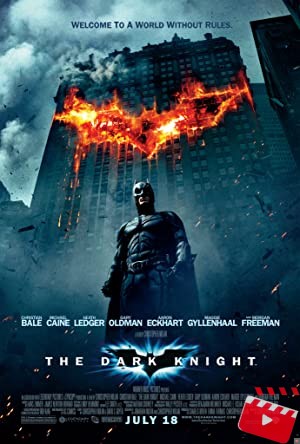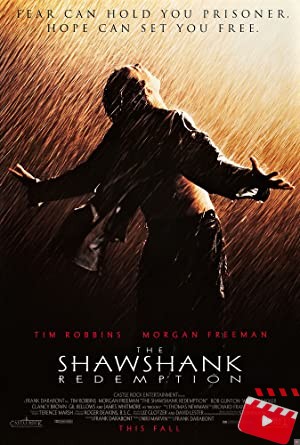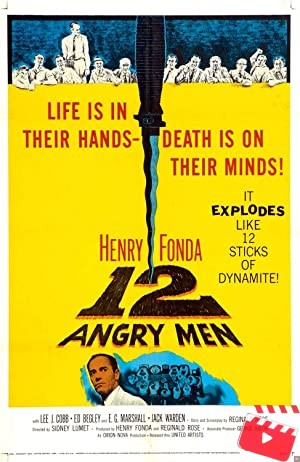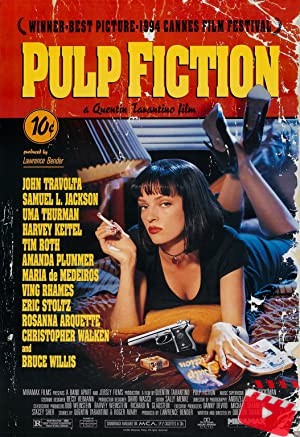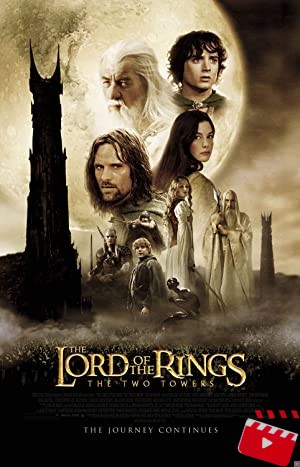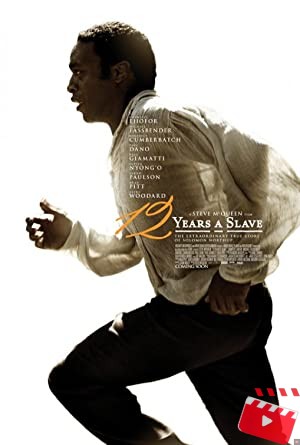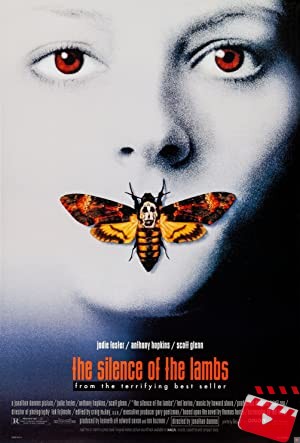
The Silence of the Lambs (1991) is undoubtedly one of the most iconic movies in the history of cinema. The film is directed by Jonathan Demme and stars Jodie Foster as rookie FBI agent Clarice Starling and Anthony Hopkins as Hannibal Lecter, a former psychiatrist and cannibalistic serial killer.
From the start of the movie, you’re drawn in by the engaging storyline and the exceptional acting performances. The suspenseful yet intriguing plotline draws you into the world of FBI agents, serial killers, and psychological profiling. This movie offers an intense psychological thriller experience that is unparalleled.
One of the highlights of The Silence of the Lambs is the stunning performance delivered by Jodie Foster. Her portrayal of Clarice Starling is nothing short of excellent. Foster presents Starling as a competent, confident, and determined young woman who has to overcome the odds and personal barriers in order to achieve her goals. She embodies the character’s vulnerabilities and strengths, making it all the more human.
The most memorable character in the movie is Anthony Hopkins‘ Hannibal Lecter. Hopkins skillfully portrays the character’s twisted and sadistic personality, making him more than just a typical villain. He exudes a level of intelligence and charm, making you both fear him and feel drawn to him at the same time.
The film’s ability to evoke feelings of fear, suspense, and even a touch of humor with the witty dialogue is truly commendable. The Silence of the Lambs is a movie that draws you in from the start and keeps you engaged until the very end.
Overall, The Silence of the Lambs is a timeless masterpiece that should be watched by everyone. It’s an excellent representation of what good filmmaking is all about, with its brilliant performances, exceptional writing, and flawless direction. The movie still holds up to this day as an intense psychological thriller, and is definitely worth your time.
Lesson about The Silence of the Lambs
One lesson we can take from the movie The Silence of the Lambs is that intelligence and empathy can be powerful tools in solving complex crimes.
The Best of The Silence of the Lambs
- 1. Compelling storytelling and performances – The Silence of the Lambs is widely regarded as a classic Hollywood thriller, and for good reason. The film features gripping and unpredictable storytelling, anchored by strong performances from the likes of Jodie Foster and Anthony Hopkins. Their characters, FBI agent Clarice Starling and the imprisoned serial killer Dr. Hannibal Lecter, are both endlessly fascinating in their own unique ways, and their tense interactions throughout the film are a highlight.
- 2. Tackling complex ethical questions – One of the most interesting things about The Silence of the Lambs is the way it tackles complex ethical questions about law enforcement, justice, and mental illness. The film raises important issues about the treatment of psychologically disturbed individuals and the potential dangers of over-relying on criminal profilers. It also presents a nuanced view of the relationship between Clarice and Hannibal, exploring the blurry line between empathy and manipulation.
- 3. Impactful cinematography and score – The Silence of the Lambs is a film that utilizes its technical elements to great effect. The moody, atmospheric cinematography creates a sense of unease and tension from the very first scene, while the iconic score by Howard Shore adds to the ominous tone. The film’s use of close-ups and visual metaphors is also noteworthy, helping to heighten the intensity of certain moments and create a strong sense of dread throughout.
Week points of The Silence of the Lambs
- 1. Over-reliance on graphic violence and shock value: Many critics have criticized the film for its excessive use of graphic violence to shock and horrify the audience. Some scenes, such as the murder of one of the victims, can be hard to watch and may be triggering for some viewers.
- 2. Simplistic portrayal of mental illness: The Silence of the Lambs has also been criticized for its simplistic portrayal of mental illness, particularly with regard to Hannibal Lecter’s character. The film seems to suggest that all people with mental illnesses are inherently dangerous and that they are incapable of empathy or human connection.
- 3. Limited representation of women: While the film is often praised for its strong female lead, Clarice Starling, it has also been criticized for its limited representation of women. Apart from Starling, most of the female characters in the film are either victims or sexual objects, with little agency or development. This reinforces harmful stereotypes about women and their roles in society.
Technical details of The Silence of the Lambs
| Title | The Silence of the Lambs |
|---|---|
| Year | 1991 |
| Rated | R |
| Released | 14 Feb 1991 |
| Runtime | 118 min |
| Genre | Crime, Drama, Thriller |
| Director | Jonathan Demme |
| Writer | Thomas Harris, Ted Tally |
| Actors | Jodie Foster, Anthony Hopkins, Lawrence A. Bonney |
| Plot | F.B.I. trainee Clarice Starling (Jodie Foster) works hard to advance her career, while trying to hide or put behind her West Virginia roots, of which if some knew, would automatically classify her as being backward or white trash. After graduation, she aspires to work in the agency's Behavioral Science Unit under the leadership of Jack Crawford (Scott Glenn). While she is still a trainee, Crawford asks her to question Dr. Hannibal Lecter (Sir Anthony Hopkins), a psychiatrist imprisoned, thus far, for eight years in maximum security isolation for being a serial killer who cannibalized his victims. Clarice is able to figure out the assignment is to pick Lecter's brains to help them solve another serial murder case, that of someone coined by the media as "Buffalo Bill" (Ted Levine), who has so far killed five victims, all located in the eastern U.S., all young women, who are slightly overweight (especially around the hips), all who were drowned in natural bodies of water, and all who were stripped of large swaths of skin. She also figures that Crawford chose her, as a woman, to be able to trigger some emotional response from Lecter. After speaking to Lecter for the first time, she realizes that everything with him will be a psychological game, with her often having to read between the very cryptic lines he provides. She has to decide how much she will play along, as his request in return for talking to him is to expose herself emotionally to him. The case takes a more dire turn when a sixth victim is discovered, this one from who they are able to retrieve a key piece of evidence, if Lecter is being forthright as to its meaning. A potential seventh victim is high profile Catherine Martin (Brooke Smith), the daughter of Senator Ruth Martin (Diane Baker), which places greater scrutiny on the case as they search for a hopefully still alive Catherine. Who may factor into what happens is Dr. Frederick Chilton (Anthony Heald), the warden at the prison, an opportunist who sees the higher profile with Catherine, meaning a higher profile for himself if he can insert himself successfully into the proceedings. |
| Country | United States |
| Awards | Won 5 Oscars. 69 wins & 51 nominations total |

